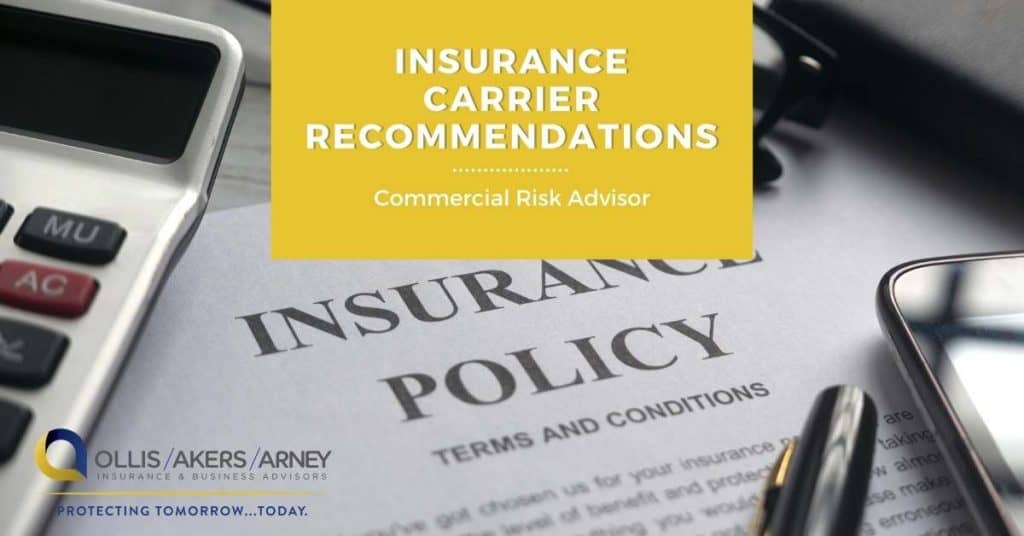Insurance carriers play an active role in risk management, often assigning risk managers to inspect organizations’ facilities and work areas. If any issues are found during these inspections, the insurance carrier may provide recommendations that the organization must follow in order to maintain coverage and avoid higher insurance premiums.
If your organization has an upcoming inspection in 2021, it’s important to be prepared to receive and implement any of the insurance carrier’s recommendations. Review this guidance to learn more about what insurance carrier recommendations are and how to handle them.
Insurance Carrier Recommendations Explained
Insurance carrier recommendations typically stem from an inspection from a risk manager, often referred to as a loss control inspection. These inspections may occur when a carrier writes a new policy or on a set schedule (e.g., once every three years).
After an inspection, insurance carriers will provide recommendations if they identify an unacceptable risk at your organization. These risks are often tied to a specific line of coverage. Recommendations are typically based on existing regulations from federal agencies (e.g., OSHA), local building and fire codes, and industry standards or best practices. Overall, these recommendations are designed to minimize your organization’s risks and reduce the likelihood of a loss taking place.
How to Handle Recommendations
Knowing how to handle a recommendation ensures risks are identified and addressed in a timely manner. First and foremost, if you receive a recommendation, ensure it is based on accurate information and that it accounts for a legitimate issue. If you have any concerns related to a specific recommendation, consult your broker.
Next, make note of the timeline in which the carrier wants you to address issues detailed in a recommendation. Complete the recommendation as soon as possible and send required documentation (e.g., receipts, photos, contracts or other supporting documents) to the carrier. Keep in mind that some carriers will conduct follow-up visits to ensure recommendations have been addressed, while others will only require documentation.
The Consequences of Not Implementing Recommendations
Simply put, if you fail to implement a recommendation, your carrier may cancel the policy if it is within their rights—different states have different legislation on this topic. Even if the policy is not canceled, the carrier may refuse to renew the policy or increase your premiums. Don’t take recommendations personally. Carriers are simply looking to minimize their risk. The more cooperative you can be, the smoother the process will go. Contact us today for more risk management guidance.
For help with other questions for our commercial risk team or for any other business services contact Ollis/Akers/Arney Insurance & Business Advisors.


